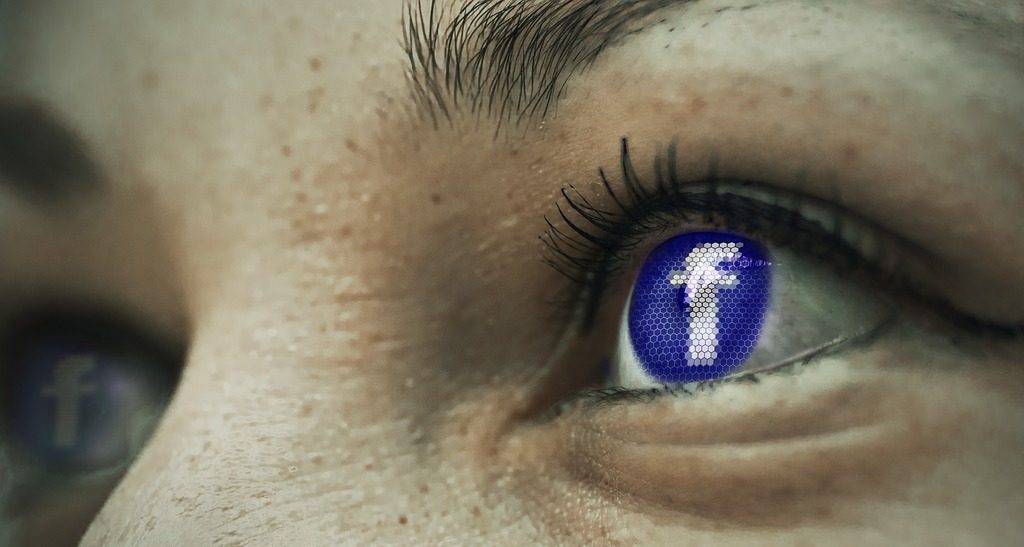The rise of social media in the Philippines is providing people with new sites of contestation. This is both good and bad news for democracy, Noahlyn Maranan writes.
Social media use in the Philippines is highlighting both the medium’s democratic potential, as well as its potential to undermine democracy.
Previously, I wrote on the vibrant online contestations between the supporters and critics of the Duterte administration. Before this, contestations were also observed between the pro- and anti-Marcos camps during the 2016 Philippine national election. These clashes show how the assertion of conflicting voices may be served by the democratic potential of the Internet.
Today’s online contestations reflect divisions in Philippine society that reverberate back to some of the events in its historical and political past: notably the People Power Revolutions, or EDSA 1, 2 and 3. The first of these popular demonstrations led to the toppling of the late dictator President Marcos’ regime in 1986; the second resulted in the ousting of President Estrada in 2001; and the third was an attempt by Estrada supporters to contest the position of anti-regime activists in 2001.
As for the online contestations that broke out during Senator Bongbong Marcos’ Vice-Presidential bid in the 2016 Philippine election and the burial of his father, many of these can be contextualised in the long-drawn-out history of struggles between groups seeking justice and remembrance, and those who attempt to revise history and forget the past.
Against this political backdrop, it’s easy to see that social media can facilitate people and communities in lodging protests against certain events in the Philippines.
Inflamed by the hurried burial of the late dictator President Ferdinand Marcos in the Libingan ng mga Bayani, a burial site allotted for Filipino heroes, soldiers, and few elected officials, the country’s social media has recently been a hotbed of dissent and activism. Anti-Marcos groups and communities expressed their dissent online and mobilized participation in mass protests in the Philippines.
These actions are reminiscent of how social media helped mobilize, coordinate, and facilitate activism during the Arab Spring and the Occupy movement.
But this facilitative feature for contestation and expression of dissent, however affirming it is of the democratic potential of social media, is just part of a bigger picture.
In a three-part series, authors from the online news site ‘Rappler’ show how social media may be used to undermine democracy: from social media algorithms that effectively decide which information a person is exposed to, to the deliberate use of bogus accounts, bots, and misleading information to influence public opinion. In addition to this is the use of the services of Internet trolls, and the takedown of accounts or posts of those critical of the actions and pronouncements of the current administration or other allied personalities.
What the preceding brings attention to is how online platforms can be knowingly used by vested political players for anti-democratic political ends. Many posts from paid trolls, bots, and fake accounts are not expressions coming from the Filipino people but are instead made-up to sow hate, to magnify popularity of partisan views, or to influence others.
In countries like Azerbaijan and China, networked authoritarianism, manifested in intimidation or outright censorship of online content, has been used to damaging effect. While one can argue that democratic contestations attest to how the Philippines is far from having descended into full-blown networked authoritarianism, the occasional disabling of posts or accounts of those critical of the regime or its pronouncements as well as the use of social media to spread propaganda are cause for serious concern.
In a platform that, for the most part, allows the circulation of online content on just about any ideological or partisan leaning, information and views can easily be propagated and popularized. The blog of controversial dancer Mocha Uson who rallies her mass of online followers on pro-regime stances highlights how the power of celebrity, when matched with the networked reach of social media, may be used to move and influence Netizens with divisive and politically-charged assertions.
Public sentiments and opinion, shaped as they are by information, can bring about the doing or undoing of a regime. Press man and book author Primitivo Mijares (who eventually became one of the many desaparecidos during Marcos rule) claimed, for instance, how President Marcos would be very particular about which information goes out for publication. Keenly aware of this, one can only speculate, at this point, how recent activity on social media may be motivated by specific interests of political personalities in the Philippines.
Amid the diversity of views that Filipinos could potentially hold on just about any issues, responses to the Q&A portion of a locally-held pageant, a show with wide public reach, give a glimpse of the level of popular acceptance of policy-related pronouncements of the current regime, from curfew to the death penalty. Among many other sources of influence or reasons for holding these views, one may think whether these opinions reflect the true sentiments of many in the Philippines or a consequence of polarisation or intended conditioning via their social media exposure.
Social media in the Philippines recently has been a site of political contestation, a site that bridges online and offline worlds, and one in which political battles, unknown to many and confined to the background, are fought.
Amidst algorithms, bots, and fake news, I wonder if ‘the rule of the people’ can prevail, online as well as offline?
Noahlyn Maranan is a PhD Candidate from UNSW Canberra. She is also a faculty member from the University of the Philippines. Her research interests include the democratic contestation in the social media surrounding the 2016 Philippine election. Her email address is Noahlyn.Maranan@student.adfa.edu.au.
 Facebook
Facebook  Twitter
Twitter  Soundcloud
Soundcloud  Youtube
Youtube  Rss
Rss 